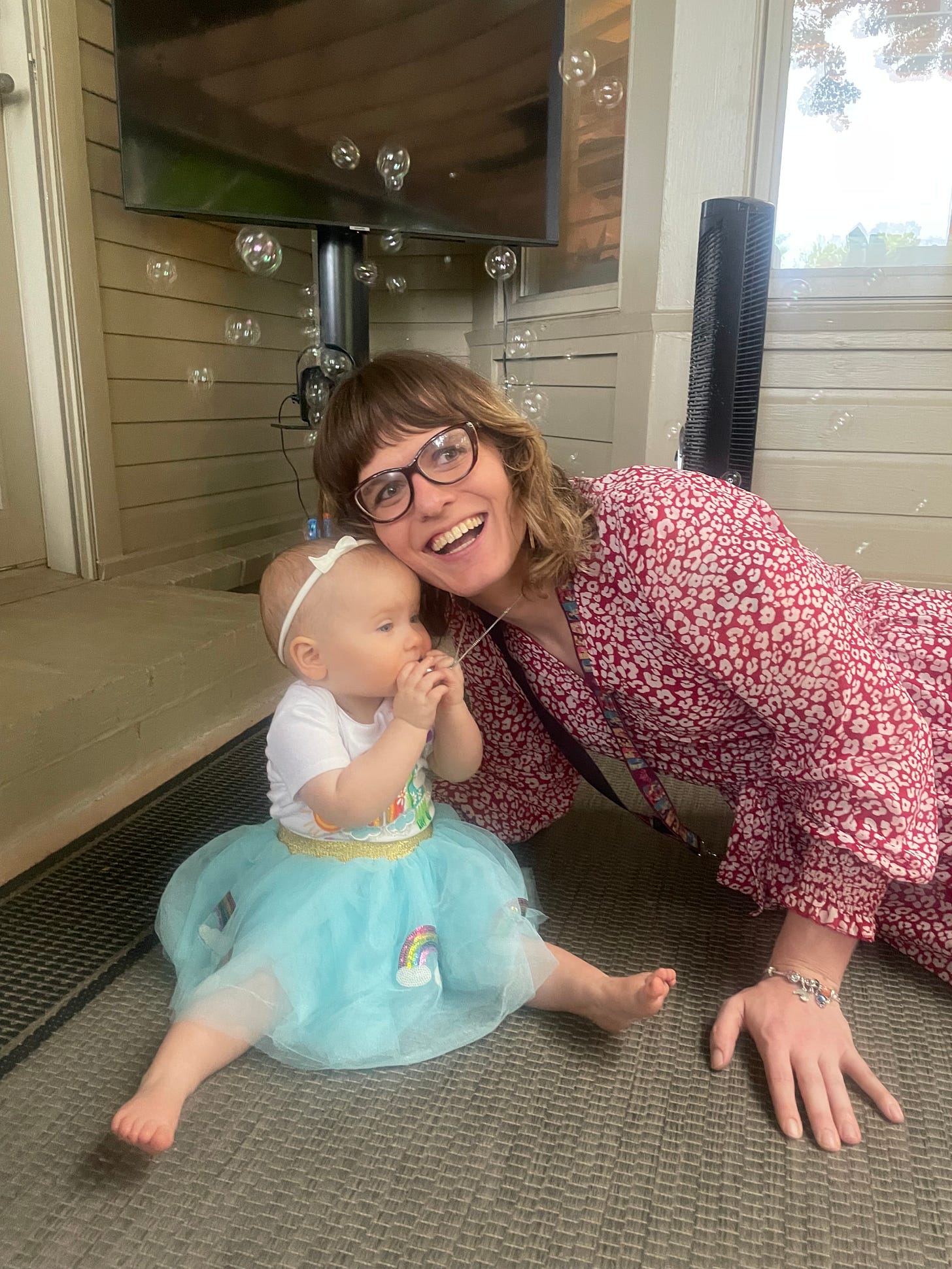The name Mary Sue comes from a Star Trek fan fiction by one Paula Smith. A brief quotation from “A Trekkie’s Tale” will suffice to explain the context for how this trope functions and operates.
"Gee, golly, gosh, gloriosky," thought Mary Sue as she stepped on the bridge of the Enterprise. "Here I am, the youngest lieutenant in the fleet - only fifteen and a half years old." Captain Kirk came up to her.
"Oh, Lieutenant, I love you madly. Will you come to bed with me?"
"Captain! I am not that kind of girl!"
"You're right, and I respect you for it. Here, take over the ship for a minute while I go get some coffee for us."
Mr. Spock came onto the bridge. "What are you doing in the command seat, Lieutenant?"
"The Captain told me to."
"Flawlessly logical. I admire your mind."
This story, which is three paragraphs long, ends with “Mary Sue” tragically dying a martyr’s death.
As I write this explication, my reasoning for choosing the name Mary Sue suddenly seems at a loss. Long story short is I was ripping off Buddy Holly’s “Peggy Sue” for my introductory piece. Though naming the character after the trope was intentional, it didn’t hurt that the name had the same syllables and rhyme pattern as the aforementioned song.
Mary Sue represents an unobtainable ideal, just as Beatrice does for Dante, Laura does for Petrarch, and W. H. (whoever he was) for Shakespeare. The elegiac sonnet is a tradition as old as Charlotte Smith. Perhaps the name is a wink and a nod to the fact that I am simply a fan of these previous authors of far superior work, and my own work is merely a “fan fiction.” The poet’s laurels are my own unobtainable passion that I am forever circling. The name becomes a way of shaking hands with my own impostor syndrome.
Nevertheless, I think a sonnet sequence of this variety is unique for the simple fact that it is from a mother to a daughter. This offers a Proustian flavor that taps into the current readers’ taste for childhood nostalgia, along with a southern gothic setting amidst the college town of the Arkansas Ozarks in a time before the author’s birth. It centers female characters in a rich literary tradition that is hundreds if not thousands of years old. It is my hope to synthesize the literary canon with current feminist demands of a literature for and about women.
The name Mary Sue for me, means confronting all of my would be, could be, and should be that I hold with regards to my transgender identity. On its face this is an absurd joke the likes of Eric Idle fighting for his right to have babies and be a woman in Monty Python’s Life of Bryan. An absurd joke, but this is gender dysphoria, no? The speaker of the poem’s grief is a well deep enough for me to pour all of my anger, resentment, and bitterness into and it not overrun. At the end of it all is the purification of poetry, and the heartbreaking beauty of language.
Though I am not the speaker of this poem, I have talked with mothers who have known this loss, I have heard their cries from hospital rooms when they know in no uncertain terms their child is dead. It was not my job or duty to be in such a place, but pure happenstance. I will share these stories some day, but for now, I hope my readers understand that my writing is not coming from a place of ignorance. However, it is the duty of every poet to care about these human stories, and I hope I have added that dimension to my work.
I am still young as I am just about to turn 32. I am relatively untouched by the world, both of my parents are still alive, as well as all of my grandparents for better or worse. My wife Jessica and I have not started a family yet, though adoption is open to us. I have not myself known loss the way the speaker of my poem has, if anything I have seen a world I am told is confrontational and oppressive become fairer and more equal by every measure. The fact I can exist as a happily married trans woman in a lesbian relationship is not something to be taken for granted. Some would say I should focus on how easily all of that can be taken away, and I hope this poetry shows the universality and the folly of that kind of thinking. If this kind of optimism marks me a Mary Sue, then so be it.




